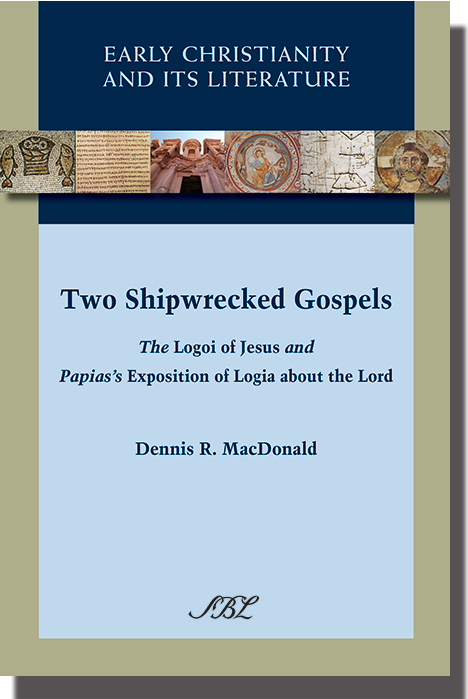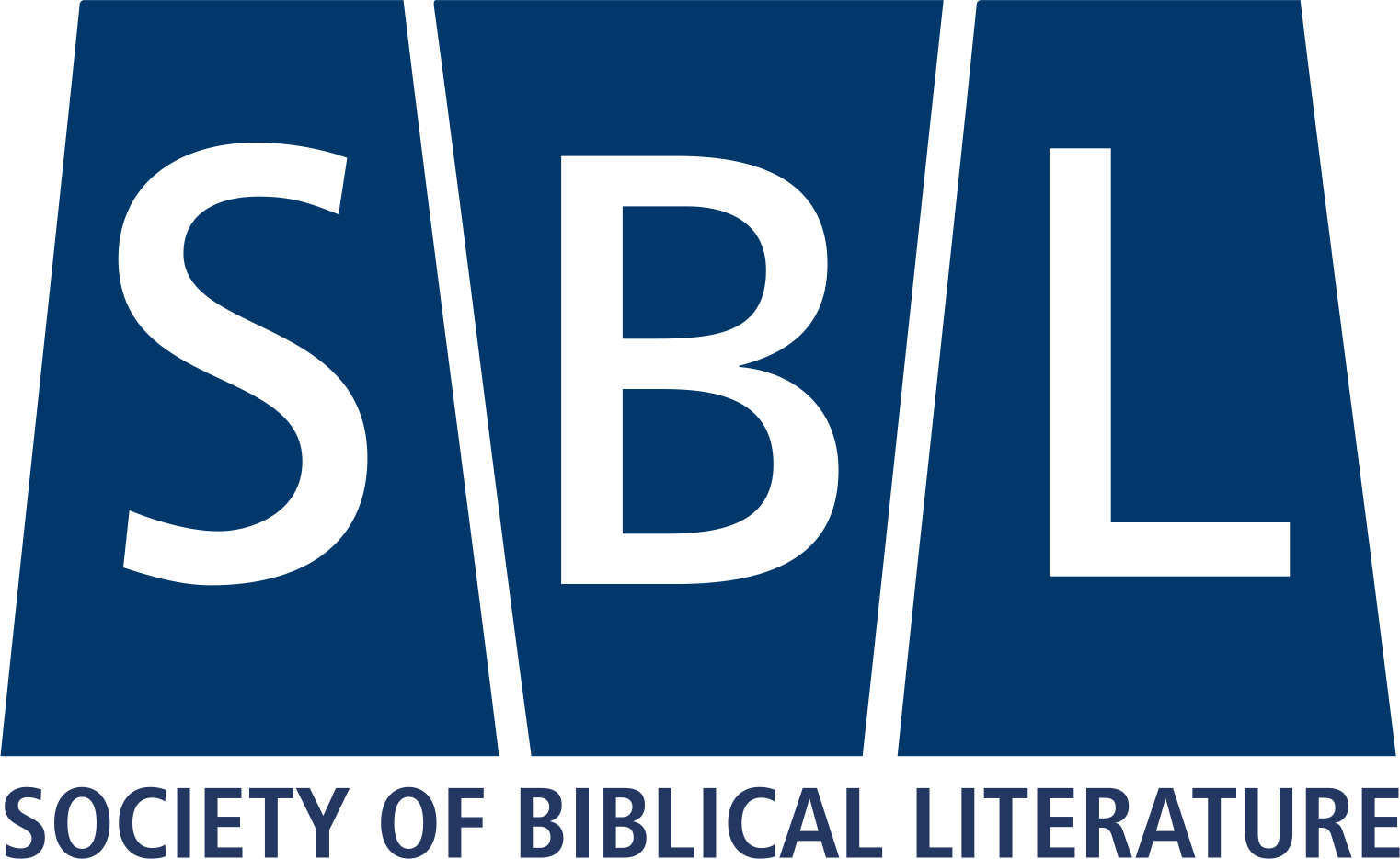
$72.00
With characteristic boldness and a creative look at long-neglected evidence, MacDonald offers an alternative reconstruction of Q and an alternative solution to the Synoptic Problem: the Q+/Papias Hypothesis. To do so, he reconstructs and interprets two lost books about Jesus: the earliest Gospel, which was used as a source by the authors of Mark, Matthew, and Luke; and the earliest commentary on the Gospels, by Papias of Hierapolis, who apparently knew Mark, Matthew, and the lost Gospel, which he considered to be an alternative Greek translation of a Semitic Matthew. MacDonald also explores how these two texts, well known into the fourth century, vanished in the shipwrecks of canonization and errant eschatology.
Dennis R. MacDonald is John Wesley Professor of New Testament and Christian Origins, Claremont School of Theology. He is the author or editor of a number of works, including The Intertextuality of the Epistles: Explorations of Theory and Practice (Sheffield Phoenix), Acts of Andrew (Polebridge), and Does the New Testament Imitate Homer? Four Cases from the Acts of the Apostles (Yale University Press).
“Dennis MacDonald is one of the most creative and intellectually innovative New Testament scholars of his generation. In this bold new book, MacDonald dares to reimagine the textual landscape of early Gospel traditions. Attention is focused on reconstructing two lost Gospel texts, the Logoi of Jesus (the so-called Q source) and Papias’s The Exposition of Logia about the Lord. MacDonald develops a new paradigm for reconstructing Q and in the process generates a text nearly twice as long as traditional reconstructions. This he calls Q+. In relation to Papias’s Exposition, MacDonald argues that work was a commentary on three Gospel texts: Matthew, Mark, and the Logoi of Jesus. Here MacDonald seeks to reassemble the surviving fragments of Papias’s work in their original order, and he speculates concerning the material that would have filled the gaps between these fragments. MacDonald’s work is brave, challenging, and stimulating. If his ideas prove correct, the implication for New Testament scholarship and current understandings of the transmission of the Jesus tradition would be truly revolutionary.”
—Paul Foster, School of Divinity, University of Edinburgh
Click here for a printable publication sheet that you can put in your files or give to your librarian or bookstore.
Click here for the title page, table of contents, and preface.
